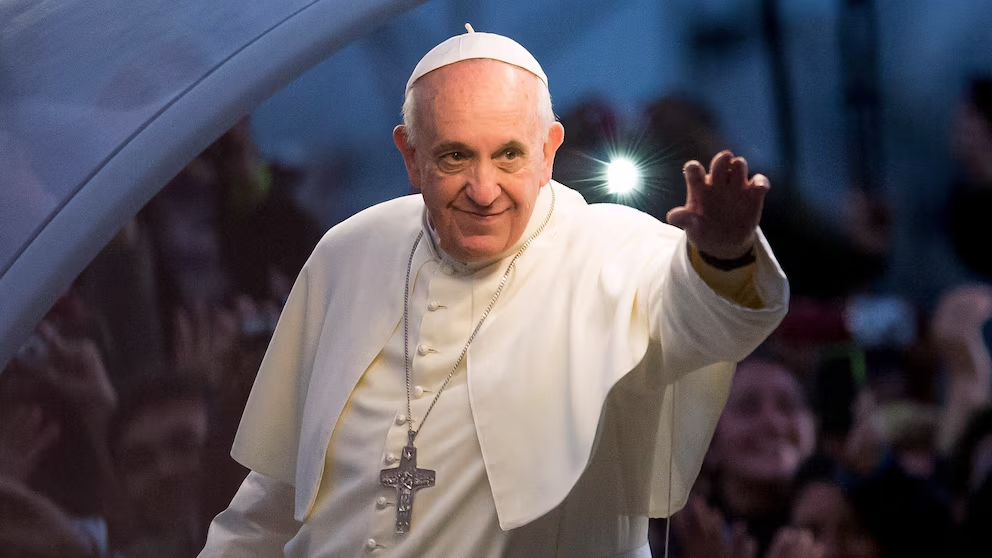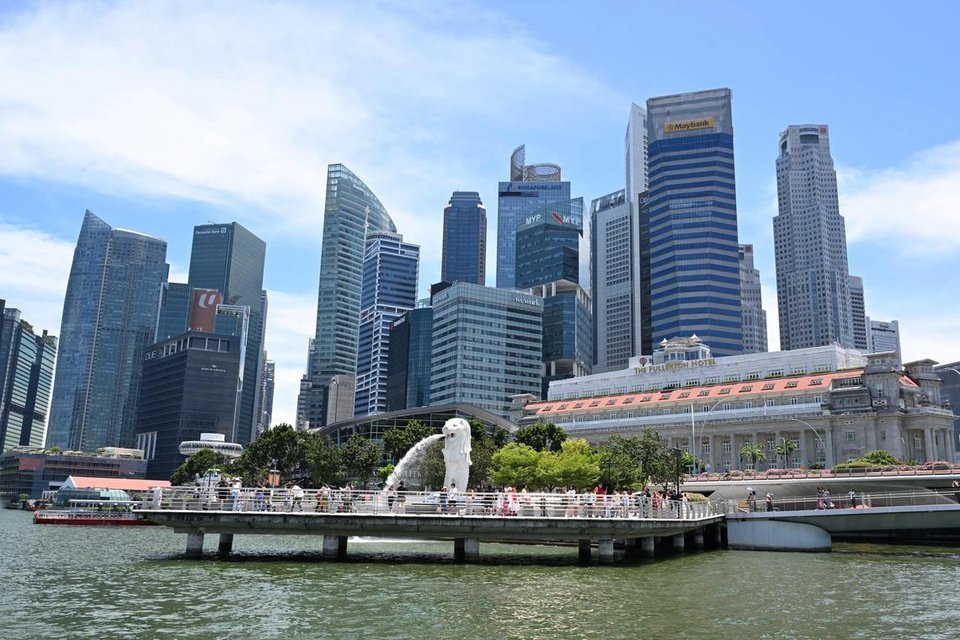Vatican City — Pope Francis, the 266th leader of the Roman Catholic Church and the first pontiff from Latin America, passed away on Easter Monday, April 21, 2025, at the age of 88. His death occurred at 7:35 a.m. local time at his residence in the Vatican’s Casa Santa Marta, following a prolonged battle with health issues, including a recent hospitalization for pneumonia and kidney complications.
Born Jorge Mario Bergoglio in Buenos Aires, Argentina, Francis was elected pope in March 2013, succeeding Pope Benedict XVI. His papacy was marked by a commitment to humility, social justice, and inclusivity. He was known for his efforts to address issues such as climate change, economic inequality, and the plight of refugees and migrants.
Throughout his tenure, Pope Francis sought to reform the Church’s approach to various social issues. He advocated for the abolition of the death penalty, supported civil unions for same-sex couples, and took steps to address the Church’s handling of sexual abuse cases. His progressive stance often placed him at the center of both admiration and controversy within the global Catholic community.
Despite facing numerous health challenges, including the removal of part of his lung in his youth and recent respiratory infections, Francis remained active in his duties. He delivered his final public blessing on Easter Sunday, just a day before his passing, demonstrating his unwavering dedication to his role.
The Vatican has announced that preparations are underway for the papal conclave, where cardinals from around the world will gather to elect the next pope. This process is expected to commence between May 6 and May 11, 2025, adhering to the protocols established by Church law.
Pope Francis’s death has prompted an outpouring of tributes from global leaders and faithful alike, reflecting on his profound impact on the Church and the world. His legacy as a humble servant and advocate for the marginalized will continue to influence the direction of the Catholic Church for years to come.







